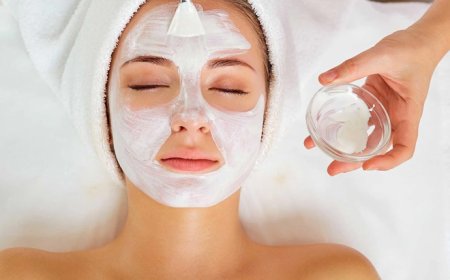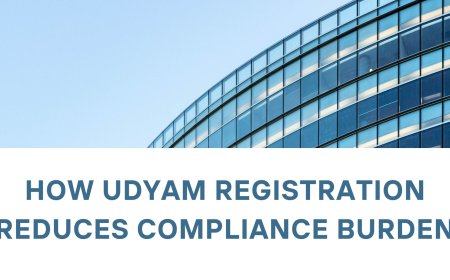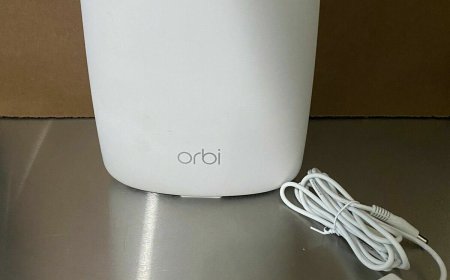How Acupuncture Can Reduce Allergy Discomfort
Discover how acupuncture can reduce allergy discomfort by easing symptoms, balancing immunity, and providing natural, drug-free relief.

Allergies are a widespread concern, especially during certain times of the year when pollen and dust levels rise. Many people experience symptoms like sneezing, a stuffy nose, watery eyes, and skin irritation. These issues can make daily routines challenging and lower overall comfort.
While medications are often used to manage these problems, not everyone wants to rely on them long-term. Acupuncture is being explored as a gentle, natural method to help ease allergy symptoms. In fact, acupuncture for allergy treatment is now offered in many clinics as an alternative or complementary option.
Common Allergy Symptoms and Daily Impact
Allergic reactions happen when the bodys immune system becomes overly sensitive to things like pollen, pet dander, or dust.
The effects of this reaction can be felt in several ways:
- A runny or blocked nose can make it difficult to breathe freely, especially at night, which can disturb sleep and leave people feeling tired the next day.
- Itchy, red, or watery eyes can interfere with reading, working on a computer, or simply enjoying time outdoors.
- Some people develop skin problems, such as rashes or hives, which can be uncomfortable and sometimes even painful.
- Ongoing symptoms may lead to fatigue, making it harder to concentrate or keep up with daily responsibilities.
- Certain allergy medicines can cause drowsiness or other unwanted effects, prompting many to look for other solutions.
Effect of Acupuncture on Human Body
Acupuncture is a traditional practice that started in China thousands of years ago. It involves placing very thin, sterile needles into specific points on the body. These points are chosen based on the symptoms and the persons overall health. The goal is to help the body find balance and support its natural healing processes.
Modern research suggests that acupuncture may help by calming the nervous system and supporting the immune system. Most people find the treatment comfortable, and many report feeling relaxed during and after a session. Stress reduction is another benefit, which can be important since stress sometimes makes allergy symptoms worse.
Why Consider Acupuncture for Allergies?
Acupuncture is different from taking medicine because it works with the body rather than just covering up symptoms. Some of the key benefits include:
- The treatment may help the immune system react less strongly to allergens, so symptoms become less frequent and less severe over time.
- Acupuncture can help ease swelling and congestion in the nose and sinuses, making it easier to breathe and reducing sinus pressure.
- Each session can be adjusted to focus on a persons main symptoms, whether thats sneezing, itchy eyes, or skin irritation.
- Since acupuncture does not use drugs, its a good choice for people who want to avoid side effects or who cannot tolerate certain medications.
- Over time, regular acupuncture sessions may help people have fewer allergy flare-ups, leading to a better quality of life.
How Acupuncture Works for Allergies
When the body reacts to allergens, it creates inflammation, which leads to symptoms. Acupuncture may help by:
- Reducing inflammation, which can lessen swelling in the nose, sinuses, and skin.
- Encouraging the body to release natural chemicals that help with pain and swelling, making symptoms less uncomfortable.
- Helping the body respond more calmly to allergens, so symptoms do not last as long or become as severe.
- Some research shows that people who receive acupuncture for allergies often use less medication and feel better during allergy season. For these reasons, many clinics now include acupuncture for allergy treatment in their services.
Getting Ready for Acupuncture
To make the most of each session, a few simple steps can help:
- Choose loose, comfortable clothing so the practitioner can easily reach the points where needles will be placed.
- Keep a record of allergy symptoms, noting when they happen and what might trigger them. This helps the practitioner plan the best treatment.
- Eat a light meal before the appointment to avoid feeling faint or dizzy.
- Arrive a little early to relax and fill out any forms.
- Share information about your health history and any medications you are taking.
- Drink water before and after the session to stay hydrated and help the body respond well.
What Happens During an Acupuncture Session?
A typical session for allergies lasts about 30 to 60 minutes. The practitioner will ask about symptoms and health history, then place thin needles in specific points, often on the face, hands, or legs. The needles usually stay in place while the person relaxes. Sometimes gentle heat or movement is used to enhance the effect. Most people need several sessions, especially if allergies are ongoing.
Conclusion
Acupuncture is a gentle and natural way to help manage allergy symptoms. By calming the immune system and reducing inflammation, acupuncture can bring relief from sneezing, congestion, and other problems. It is a safe option with few side effects and can be used alongside other treatments.
For those seeking a different approach, acupuncture for allergy treatment offers real hope. Many clinics, including Hannah Integrative Health, have experience supporting people with allergies, helping them feel better and enjoy life more fully.






































